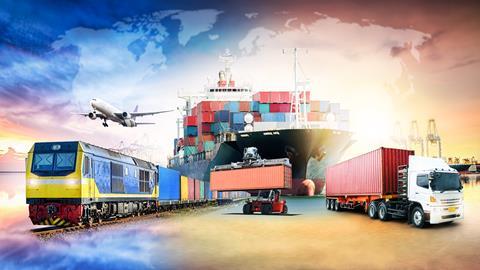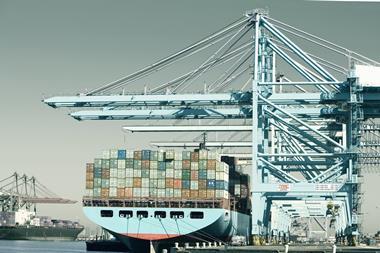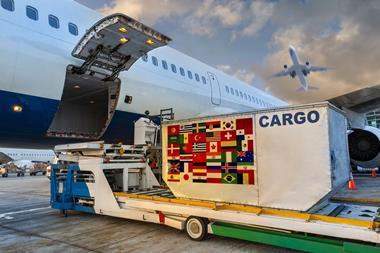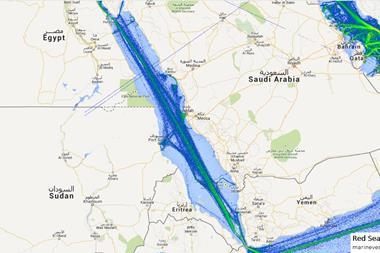Awareness of the implementation of the new requirements is key, as is understanding how ICS2 will affect different entities in the supply chain
Global and European trade associations representing shippers, forwarders and vessel operators have issued an urgent alert to all businesses involved in the movement of goods into or via the European Union, Norway, Switzerland or Northern Ireland, by sea, road or rail.
The alert warns business that they must be ready for the new Import Control System (ICS2) that will start to be introduced from June this year.

The World Shipping Council, the International Federation of Freight Forwarders, the Global Shippers Forum, the European Community Association of Ship Brokers and Agents, the European Community Shipowners’ Associations, the European Associations for Forwarding, Transport, Logistics and Customs Services, the European Shippers Council and the International Road Transport Union, have together stressed the importance of the new controls and their impact on the movement of goods into or via the European Customs Territory by sea, road and rail.
Awareness of the implementation of the new requirements is key, says the group, as is understanding how ICS2 will affect different entities in the supply chain at different times and in distinct ways.
What is ICS2 and how does it impact businesses?
ICS2 is an enhanced safety and security regime introduced jointly by Customs authorities in the EU that requires specific details of imported goods to be provided before loading or before arrival at the EU border.
The requirements were introduced for air cargo during 2023 and will be extended to sea transport from June 2024 and for imports arriving by road or rail in 2025.
The extensive new data requirements include 6-digit HS codes for each item in a consignment, an ‘acceptable description’ and detailed buyer and seller information.
ICS-2 - What’s new?
ICS-2 builds on the success of ICS-1 and introduces several new features, including:
- A single-entry point for submitting advance cargo information (ACI): This will make it easier for the industry to comply with the requirements of ICS-2.
- A risk assessment system: This will help customs authorities to prioritise their inspections and to focus on the highest-risk shipments.
- A secure messaging system: This will allow customs authorities to communicate with the industry and exchange information more easily.
- A more flexible system: ICS-2 is designed to be more flexible than ICS-1, which will make it easier to adapt to changes in the way that goods are traded.
How to manage the risks and stay compliance
The trade bodies each representing different parties in the supply chain have urged businesses involved in moving goods into the EU to begin their preparations for the extension of ICS2 now and to seek further information on how they will be affected.
The European Commission’s website is the best place to start.
Failure to comply with ICS2 requirements will result in delays and disruptions to exports to the EU from the rest of the world and to goods imported into the EU, and potentially, in accordance with Member State practice, fines and penalties for persons liable for submitting the Safety and Security data to ICS2.
“The ecosystem of international trade is continuing to take on increased complexity.”
Cooperative working between the different parties involved in such shipments is crucial to keep goods moving, as symbolised by the joint call to action by the eight trade bodies.
Bryn Heimbeck, president and co-founder of Trade Tech, a global logistics platform commented: “The ecosystem of international trade is continuing to take on increased complexity. Carriers physically moving freight remains essential, but without data, shipments aren’t going anywhere fast. Data moves freight. And incorrect, untimely, or missing data disrupts the movement of goods.
“Those involved in the truck, rail and ocean transportation sectors will need to have the technical infrastructure, processes, and procedures in place to submit ACI to customs authorities via the ICS-2 system when it goes live for Vessel Operators on June 3, 2024, and for House Bill Filers on December 4, 2024.”














1 Readers' comment